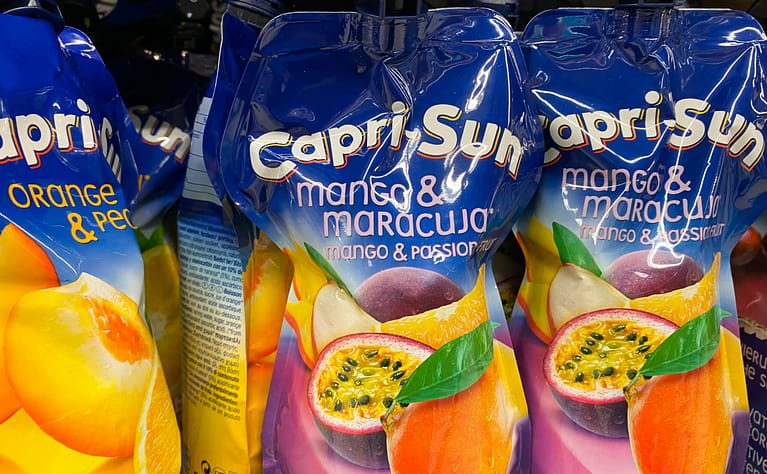Source: Flipkart
The pressure from plastic regulations is mounting.
A global patchwork of regulations forces Amazon into a difficult balancing act.
Thomas Reiner | 09.10.2019
In the past, environmental and sustainability issues have often raised the question of whether and for how long the topic remains on the agenda. Those days are over. Factual situations, and public opinion in particular, are creating ever-increasing pressure around the world, which politicians apparently can’t escape from. A striking example is the increasing number of national regulations in the field of disposable plastic. In India, Amazon is feeling this right now – and reacts. The company acts against its sustainability conviction. As for the markets of industrialized countries, one continues to rely on plastic for good reasons.
In India, around 26,000 tonnes of plastic waste are produced daily. As the country’s government wants to tackle this mountain, India’s environmental secretary recently made it very clear: “It’s the e-commerce companies that cause plastic garbage, so they also have to worry about waste disposal and recycling.”
While Amazon in the USA, the UK and also in Germany has recently opted for plastic films instead of paper envelopes for smaller parcels, the Indian market is responding to political pressure. The company has announced that it will completely dispense with disposable plastic in packaging by June 2020. This applies in particular to air cushions and bubble wrap films, which are to be replaced by appropriate solutions made of paper.
Amazon bends to the political pressure, although it wants to replace paper with plastic in certain applications, especially for reasons of sustainability. The thin plastic bags save considerable volume and weight compared to the thick cardboard envelopes – and thus generate countable advantages in terms of the carbon footprint, but also in the use of energy and water during production.
In India, these arguments seem to weigh little. This is understandable when one considers that plastic can be problematic especially where there is no functioning collection and recycling system.
But it is also clear that national regulations create facts that are difficult to change – even if it makes sense or makes sense at a later date. As a result of the different starting points and interests worldwide, this creates a patchwork of regulations that poses challenges for international actors in particular.
At B+P, we are following the problems of sustainability, political pressure and public opinion very closely. Through our global agency network, we are right on the pulse of the times in many markets. We see exciting solutions for exciting times. And we always have an open ear for exciting insights and challenges.




